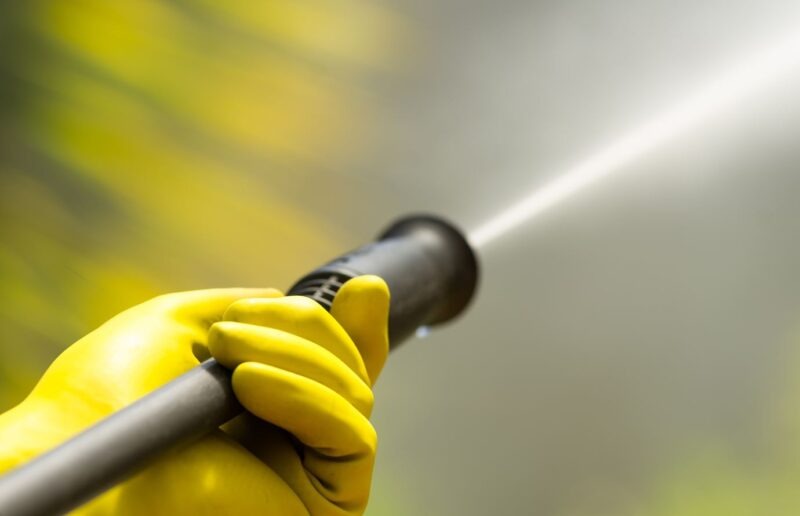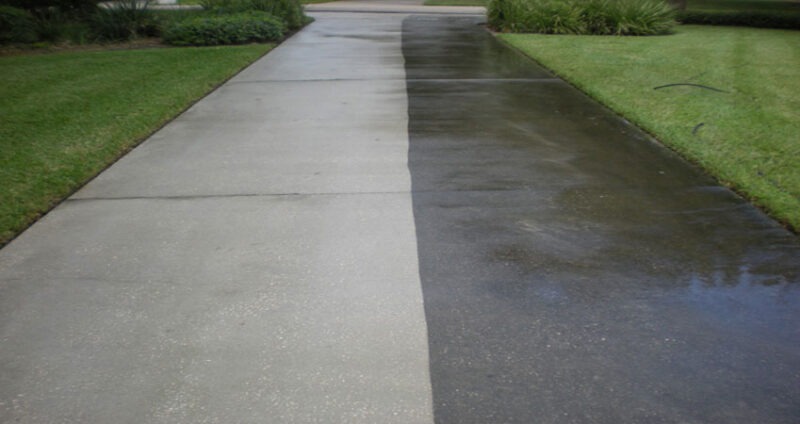Summer brings the perfect opportunity to showcase your pride and joy with a thorough car detailing session. However, the scorching heat can pose challenges, from wax drying too quickly to the risk of water spots. Fear not, as we’ve compiled a set of tips to ensure your car looks its best without succumbing to the summer heat.
Choose the right time for detailing
Opt for early mornings or late evenings when the sun is not at its peak. This minimizes the risk of products drying too quickly, allowing you more time to work on each section of your car.
Work in sections
Divide your car into manageable sections for detailing. This prevents any product from drying before you get a chance to buff or wipe it off. Focus on one panel at a time, ensuring thorough application and removal.
Use products designed for high temperatures
Select detailing products specifically formulated for hot weather conditions. These often include quick-drying formulas and UV protectants, safeguarding your car’s finish from the sun’s harmful rays.
Keep surfaces cool
Park your car in a shaded area, use a car shade or move it indoors if possible. This helps maintain cooler surface temperatures, preventing products from evaporating too rapidly and leaving residues.
Prevent water spots
Water spots can be a nuisance, especially in hot weather. After washing your car, use a spot-free rinse or a final rinse with distilled water to minimize mineral deposits that cause water spots.
Invest in quality microfiber towels
High-quality microfiber towels are your best friends in hot weather detailing. They are gentle on the paint, absorbent, and help in preventing scratches and swirl marks.
Apply wax in the shade
Avoid applying wax or sealant directly under the scorching sun. Find a shaded area to apply these products to prevent them from drying too quickly, ensuring even coverage and better protection.
Hydrate your applicators
If you’re using applicators like foam pads, keep them hydrated. Spritzing them with a quick detailer or water prevents them from absorbing too much product and helps in even application.
Be mindful of surface temperature
Before applying any product, touch the surface to gauge its temperature. Extremely hot surfaces can affect the effectiveness of detailing products, so choose your application strategy accordingly.
Regular maintenance to beat the heat
Implement a regular maintenance routine during the summer to reduce the need for extensive detailing. Quick detailing sprays can be a lifesaver for touch-ups between major detailing sessions.
Detailing your car in high temperatures requires a bit of strategic planning and the right products. By following these tips, you can achieve a showroom shine while safeguarding your car’s paint from the heat. Alternatively, reach out to the experts at Jim’s Car Detailing to take care of your car for you! Enjoy your gleaming ride all summer long!



